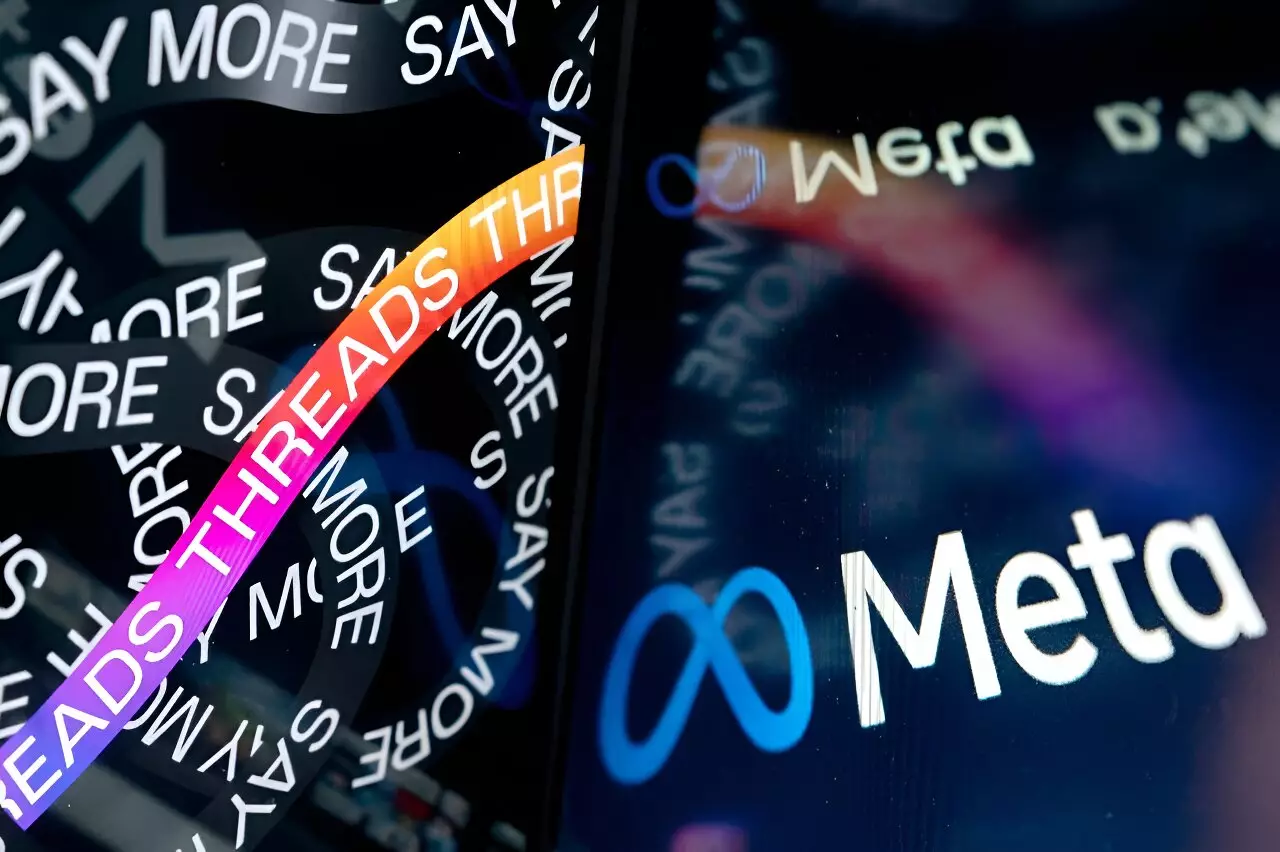After months of anticipation and speculation, internet users in the European Union may soon have access to Threads, the popular Instagram app owned by Meta. Previously unavailable in the EU due to concerns about regulatory oversight, Instagram has now placed a countdown timer on the Threads website, suggesting that the app will finally be accessible to EU users. This article examines the potential impact of Threads’ launch in the European market and explores the challenges Meta may face within the region.
As visitors from the EU navigate to the Threads website, a countdown timer greets them, set to end on Thursday at 1100 GMT. This development indicates that Instagram is ready to overcome its reservations and make Threads available to users within the European Union. In addition, EU users can search for a “ticket” that leads them to a digital invitation, complete with a countdown and the words “Threads EU launch” along with a QR code. The inclusion of these features further heightens speculations regarding the imminent release of the app in the EU.
Threads, hailed as a rival to X (formerly known as Twitter), holds significant promise as it emerges in the European market. Despite its struggles following Elon Musk’s takeover in 2022, X remains one of the world’s largest social media platforms. With over 30 million sign-ups within the first few hours of its international launch in 100 countries, Threads has already made an impressive impact. Mark Zuckerberg, the CEO of Meta, believes that Threads can provide a viable alternative for users seeking a new platform experience amidst Twitter’s recent challenges.
Meta’s cautious approach to launching Threads in the European Union is understandable, given the region’s strict regulatory environment. The EU has implemented the Digital Markets Act (DMA) to regulate the operations of major tech companies, including those considered to be “gatekeepers” in the online space. Meta’s hesitation stems from its concerns about compliance with the DMA and the scrutiny it has faced for its handling of personal data. The company’s struggles to meet the EU’s stringent data privacy rules have garnered attention, leading to debates about users’ access to social networks and the trade-off between privacy and targeted advertising.
As part of its response to the EU’s data privacy regulations, Meta announced that Facebook and Instagram users in Europe would have to pay to continue using its social networks while availing themselves of the EU data-privacy protections. Alternatively, users can opt for a “free” version that collects their personal data for targeted advertising. This controversial “pay for privacy” approach has sparked legal challenges and fueled the ongoing debate surrounding data protection and the monetization of user information.
Amidst its global expansion, Meta’s CEO Mark Zuckerberg envisions Threads as a “public conversations app” catering to a billion users. By capitalizing on the turmoil surrounding Elon Musk’s ownership of Twitter, Zuckerberg aims to position Threads as the premier platform for celebrities, companies, and politicians. With Instagram’s massive user base of over two billion users, the spin-off app aims to attract a significant share of social media enthusiasts seeking a new and engaging platform experience.
The potential launch of Threads in the European Union signifies a significant development in the region’s social media landscape. As Meta overcomes regulatory reservations and navigates the challenges of data privacy and competition, Threads has the opportunity to establish itself as a formidable competitor to social media giants like Twitter. With user anticipation growing and the countdown timer ticking away, EU internet users eagerly await the introduction of Threads into their digital lives.


Leave a Reply